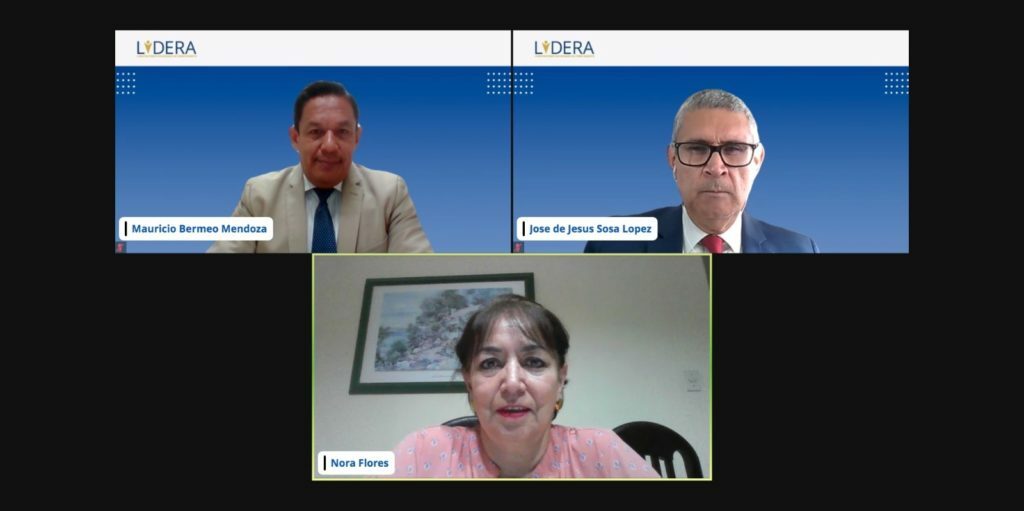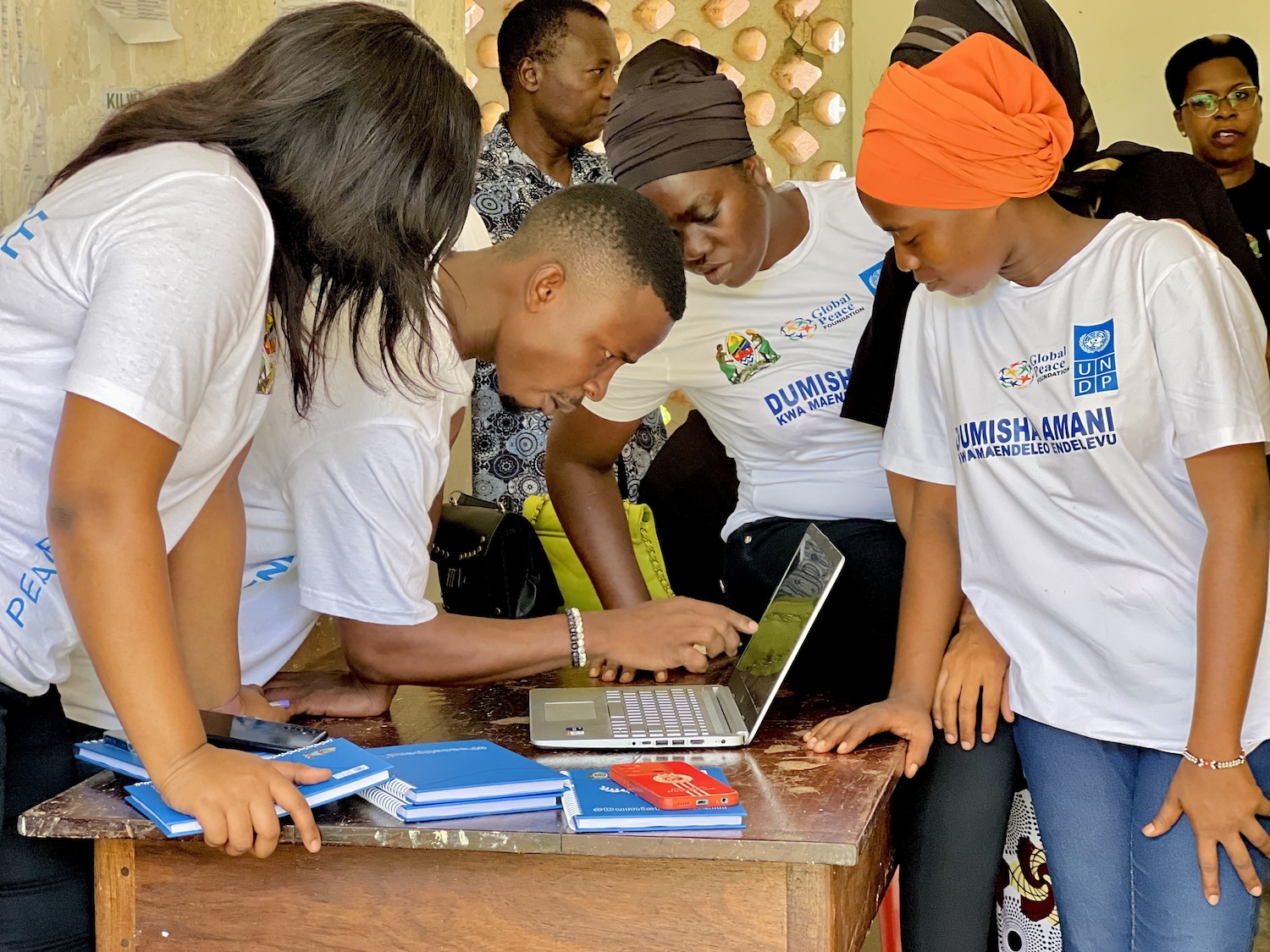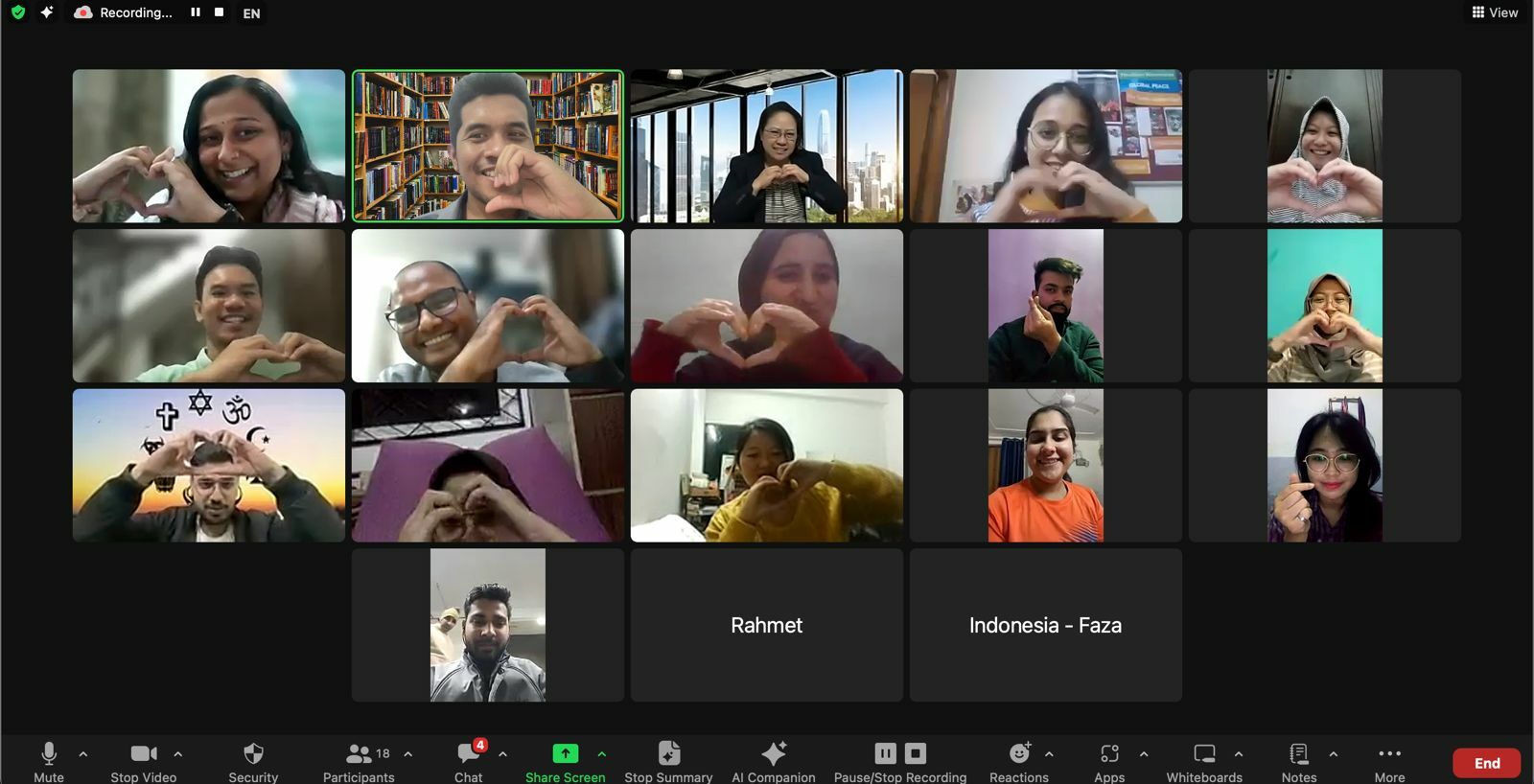Movies today seem to play a role similar to myths of the past by doing what Carl Jung saw as expressing “society’s goals, fears, ambitions and dreams.” A look into the movies we make and watch gives us a glimpse into our own psyches and realities, and perhaps gives us some space to consider solutions to the challenges we face.
In the movies Delivery Man (2013) and Admission (2013), we see two very modern and unfortunately very familiar themes of alienation, displacement and disconnection. Given statistics today – who can blame them? According to a Center for Disease Control and Prevention report in 2013, now more people die from suicides than car accidents – even while it is taken as a fact that suicides are generally underreported. Then we could point to divorce rates, delinquency, the growing prison population, drug use, etc. and we see a pretty stark picture of the world and the human connections within it. And so it’s probably safe to say that the types of movies and dramas about alienation and disconnection that we see today gives us some insight into critical issues that require both reflection and response.
Taking a closer look into the two movies mentioned here, we see the anxieties of modern life played out for us. Admission is very much about a woman alone while Delivery Man seems to be about a man adrift. It sort of asks the question, “if no man is an island, what happens when you sorta, kinda are?”
****Spoilers Ahead******
In Admission, Tina Fey plays a woman raised by a militant feminist single mother and is – even while being in a relationship – alone, alone and awkward. The clues as to how she got to be that way are not hard to see. When she goes home to visit her mother, you see the image of a fish riding a bicycle, an obvious homage to the Irina Dunn catchphrase, “a woman needs a man like a fish needs a bicycle.” When Fey expresses concern that her mother had not informed her of the mastectomy she had five weeks prior, her mother says she was fine with a taxi and suggests that perhaps Fey’s character should stop calling her “mom” and perhaps that would finally rid her of the expectations that come with it.
In a slightly different and yet related vein, Vince Vaugh’s character in Delivery Man pursues a reckless lifestyle, living solely for his own sake and “by the seat of his pants” until he receives surprising news. He is informed that he is, in fact, father to 533 young twenty-somethings due to an extraordinarily high number of sperm donations he made 20 years prior.
Without giving it all away, these are the unlikely beginnings of two journeys of self-discovery and transformation that happens essentially because of a change in how both characters see the people around them. These are relevant lessons because it speaks directly to what we’re trying to accomplish with the vision of “One Family under God.” We’re challenging people to change their behaviors and attitudes — by seeing the world differently, by seeing relationships differently.
This vision can be applied to every sector in life because — how different would our world be if we engaged in business, education, medicine, entertainment, government, etc. when we recognize the spiritual and inherent dignity of all people and, moreover, as an integral part of one’s own extended family?
What was especially striking in Delivery Man, which at first glance seemed silly, unplausible (except that it is based on a true story) and frankly, a silly movie, was one scene in which a group of over one hundred people from all different walks of life in every shape, size and color held a family reunion. They were united by the idea that they were related to one man and, even though many of them were meeting for the first time, they were able to connect as genetic brothers and sisters. It begs the question, why can’t we do that too?
Another interesting point was that in Admission, Fey’s character changed her perspective about her relationship with one person – a boy she thought was her son – and that caused her to transform all the relationships in her life. Here we might ask, how might we change our perspectives to experience the same sort of transformation?
I mention these films because they highlight our growing alienation and larger sense of separation from family and community. And, more powerfully, they also present us with the solution in that it gives us a virtual experience of how life might look if we were just to change our perspective.
So, if you’re still reading, have you read, seen or heard something that similarly imagines how might “One Family under God” look to you?
By: Julie Jeon



